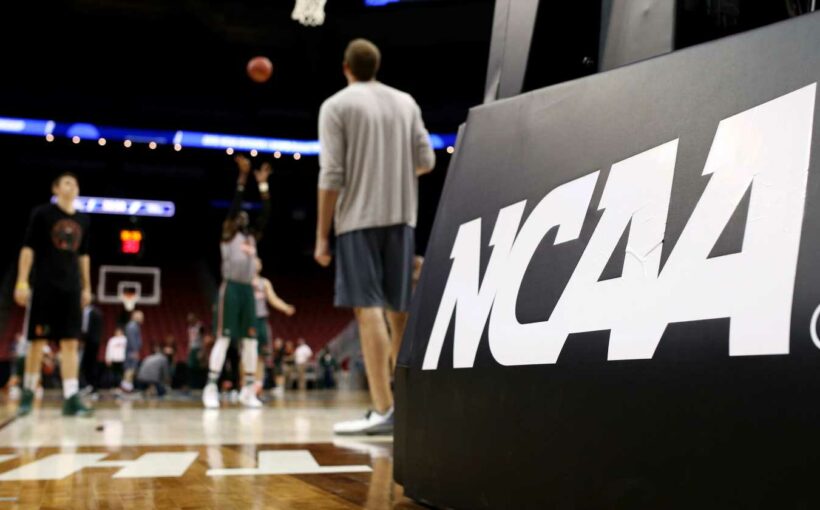The NCAA appears headed toward a temporary solution regarding college athletes’ ability to make money from their name, image and likeness that will involve many schools setting their own individual policies on the matter, two people familiar with the association’s deliberations told USA TODAY Sports on Wednesday.
The people spoke on the condition of anonymity because of the sensitivity of the matter.
The NCAA Board of Governors and the Division I Board of Directors — the association’s top policy-making groups — are scheduled to hold a joint meeting Thursday with an eye toward moving the membership toward a policy stance rather than a rules change.
While some of the particulars of that policy remain to be determined, the basic construct currently under consideration would have schools in states with laws related to name, image and likeness (NIL) follow those laws and schools in states without NIL laws decide for themselves how to proceed. The schools in states without NIL laws would then police themselves.
“What’s going to drive people nuts is that everything is going to be gray,” one of the people said. “Nothing is going to be black and white. Chaos may be too strong a word, but clearly there’s going to be uncertainty for a period of time. That’s just going to be life.”
Eight states have passed laws that will allow athletes to make money from their NIL beginning July 1 or whenever their schools choose. Bills with July 1 effective dates are on the desks of governors in three other states. Altogether, about 15 states could have NIL laws in effect by Sept. 1.
OPINION: Supreme Court isn't buying NCAA model, and neither are the rest of us
ANALYSIS: What NCAA ruling means for college sports, athletes
NCAA: President Mark Emmert says legal maneuvering in Alston case not done
Because of this, NCAA President Mark Emmert has been adamant that the association must find a solution for athletes in states without such laws.
Monday’s Supreme Court ruling in the Alston antitrust case is prompting the association’s change in approach from what in January had been a highly detailed set of rules changes that included a variety of limits on athletes’ NIL activity and had been set for a vote by the NCAA Division I Council, the division’s day-to-day policy-making panel.
The high court unanimously ruled that the NCAA’s rules on athlete compensation are subject to detailed antitrust analysis, and such an analysis showed that the association’s limits on education-related benefits for athletes violate the law.
Because of Monday’s ruling, “we’re going to have to have low to no regulation going forward” until a federal law is enacted that would override the state laws or the association can sort rules that it believes are compatible with the Supreme Court ruling," said the other person familiar with the deliberations.
That means the extensive rules proposal that was to have been voted on in January is “not operational anymore because of the ruling on Monday. Low to no regulation will be the only way (for now). The January proposal does not offer that.”
Follow colleges reporter Steve Berkowitz on Twitter @ByBerkowitz
Source: Read Full Article
